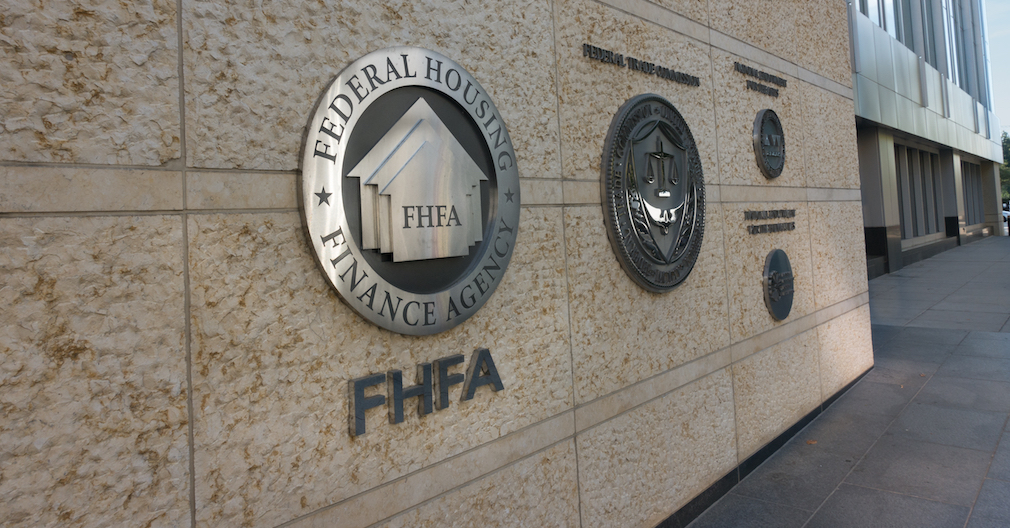The Federal Housing Finance Agency announced Tuesday a proposed rule to implement new capital requirements for Fannie Mae and Freddie Mac.
After placing the government-sponsored enterprises into conservatorship in September 2008, the FHFA suspended regulatory capital requirements. Now, it is proposing a new framework for risk-based capital requirements and revised minimum leverage capital requirements for the GSEs, but it's important to note that the rules wouldn't go into effect until the GSEs exit conservatorship, if that ever happens.
As stated, these new capital requirements for the two companies would remain suspended while they remain in conservatorship, however, the FHFA explained it is appropriate to communicate the agency’s views about capital adequacy for the GSEs in the future.
The FHFA is also seeking public comment on its proposal at this time and says it wants to allow market participants and all stakeholders to comment on the proposed capital requirements.
“We think it is important for FHFA, as the prudential regulator for Fannie Mae and Freddie Mac, to articulate our views on capital requirements and to start a healthy discussion about the amount of capital the Enterprises should have to appropriately shield taxpayers from assistance,” said FHFA Director Melvin Watt. “In addition, feedback on this proposed rule will inform FHFA’s views as conservator in making possible refinements to our assumptions about capital as we evaluate the Enterprises’ business decisions during conservatorship.”
The FHFA explained that, rather than propose a flat percentage based on the GSEs assets for minimum capital requirements, it is looking at a more multi-tiered risk-based requirement. However, it is also proposing two alternatives to minimum leverage requirements.
The first alternative, the “2.5% alternative,” would require the companies to hold equal to 2.5% of total assets. The second alternative, the “bifurcated alternative,” would require the GSEs to hold capital equal to 1.5% of trust assets and 4% of non-trust assets.
The proposed rule will be available for comment on the FHFA’s website for 60 days after being published to the Federal Register.
The proposed rule builds on the FHFA’s work with the enterprises to develop a Conservatorship Capital Framework.
But while the proposed rule may seem to be pushing for GSE reform, the FHFA explained this is not the case.
“In proposing this rule, FHFA is not attempting to take a position on housing finance reform,” the agency stated. “Similarly, this proposed rule is not a step towards recapitalizing the enterprises and administratively releasing them from conservatorship. FHFA’s position continues to be that it is the role of Congress and the administration to determine the future of housing finance reform and what role, if any, the enterprises should play in that system.”
Under the terms of the Preferred Stock Purchase Agreements that went into effect when the government took the GSEs into conservatorship, Fannie and Freddie send dividends to the Treasury each quarter that they are profitable.
The PSPAs also stipulated that each of the GSEs’ capital base was required to be reduced over time, with their capital reserves due to be drawn down to $0 on Jan. 1, 2018.
That all changed in December when the FHFA reached a new agreement with the Treasury that allows the GSEs to withhold billions from the Treasury to ensure that each has enough capital on hand to “cover other fluctuations in income in the normal course of each Enterprise’s business.”
The agreements stipulated that Fannie and Freddie were each now allowed to hold $3 billion in their capital reserves. And late last year, each of the GSEs made their scheduled dividend payment to the Treasury, but for the first time in a long time, Fannie and Freddie kept some of their profits for themselves, which they then used to cover tax-related losses earlier this year.
But this new plan wouldn't affect the GSEs current capital requirements. The GSEs' current capital requirements still stand.
Photo credit: Shutterstock.com






